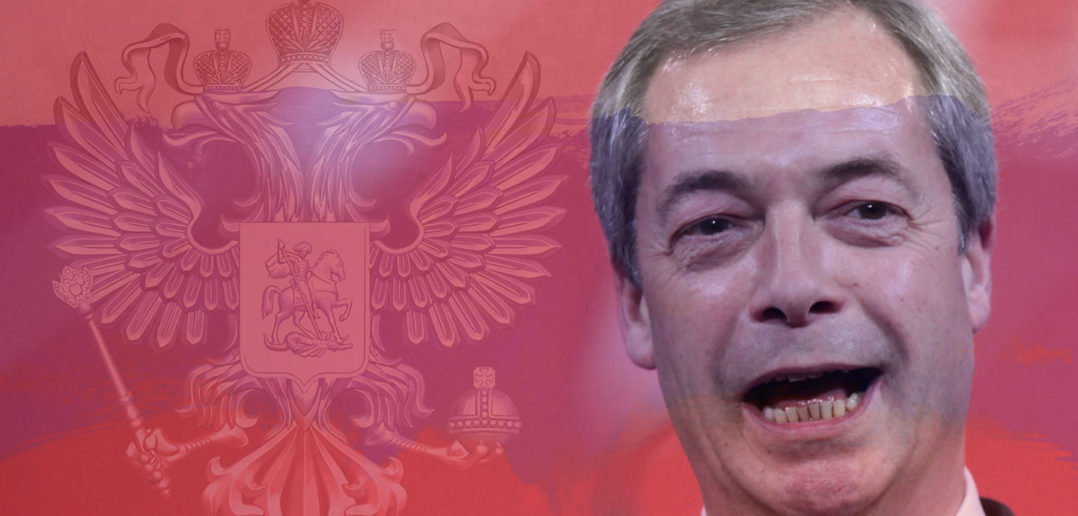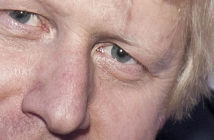The government agrees that Russia “persistently uses disinformation as a tool to destabilise perceived enemies”, but has ignored the question of Russian interference in the Brexit campaign in its latest response to an official petition.
In the wake of revelations about Russian social media disinformation campaigns in US, German, and French elections, researcher and Liberal Democrat Parliamentary spokesperson for Harrow East Adam Bernard launched an official petition for the government to “investigate covert foreign interference in the EU referendum“.
Bernard noted the similarities between Russian propaganda that sowed distrust of immigrants in the US and Germany, and a major talking point of pro-Brexit tabloid newspapers and both the official Leave campaign and Nigel Farage’s unofficial Leave.EU, and called on the government to investigate.
In its official response to the petition the government accepted that the Kremlin continues to interfere with democratic processes around the world and that the free British media is vulnerable to manipulation designed to “confuse the information environment”. However, it made no mention at all about the Brexit campaign despite a series of revelations about meetings between senior members of the Leave campaign and Kremlin-linked figures and reports that Farage is a person-of-interest in the FBI’s probe into Russian interference in the 2016 US election.
Cabinet Office response to the call to investigate Russian interference in the EU referendum
“As the Prime Minister stated in her speech at Mansion House on 13th November 2017, the first duty of Government is to safeguard the nation.
“The Government takes the security and integrity of our democratic processes very seriously. It is unacceptable for any nation, not just Russia, to interfere in the democratic elections of another country.
“With regard to cyber interference, the UK electoral system is a difficult one to manipulate directly through cyber-attack as we operate a system of manual counting of paper ballots. Nevertheless, the Government is not complacent and will continue preparing for the future. The National Cyber Security Centre is currently working to deploy active cyber defence measures. These seek to block, disrupt and neutralise malicious cyber activity before it reaches citizens. This is part of the Government’s on-going work to make the UK the most secure place to live and work online.
“Concerning disinformation, the Government is proud that our country benefits from a free, open and accessible media. However, others may try to use this to manipulate and confuse the information environment to suit their own ends. Managing this in all its forms is a long-term priority for the UK and the Government will continue to work to effectively constrain the effects of disinformation. This includes regulation through independent bodies, such as Ofcom who – through the Broadcasting Code – require broadcasters to present news with due accuracy and due impartiality.
“The Russian government persistently uses disinformation as a tool to destabilise perceived enemies. This is not a new evolution in methodology or approach and has been evident in Russia’s illegal annexation of Crimea; its rhetoric on the Syrian regime backed chemical weapons attacks on innocent civilians; and as a method employed by the country in its destabilisation of east Ukraine and beyond. The UK is actively engaging with international partners, industry and civil society to tackle the Kremlin’s use of disinformation and propaganda, which is damaging Russia’s global reputation.”




